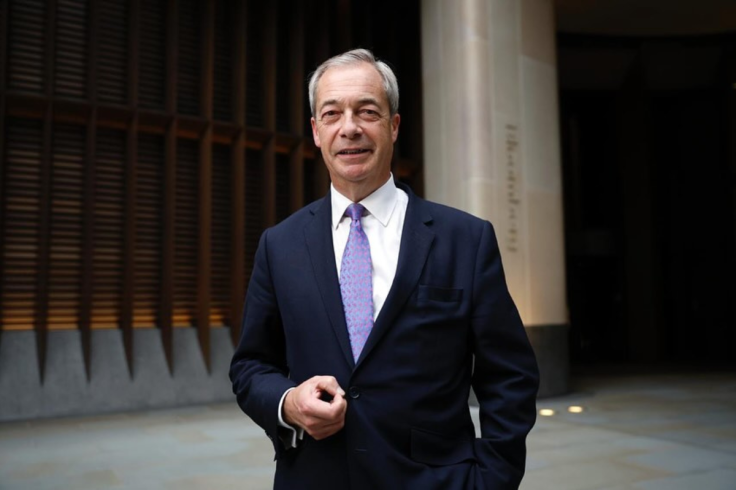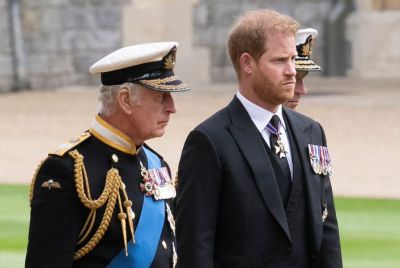Survivors Urge Nigel Farage to Apologise for Downplaying Grooming-Gang Abuse
Women involved in the inquiry say the Reform UK leader's comments misrepresented their experiences of abuse

Five female survivors of grooming gangs are demanding an apology from Reform UK leader Nigel Farage after he suggested that they were not victims of grooming gangs, but of other types of child sexual abuse. The women, who are part of a panel advising the UK government's inquiry into group-based child sexual exploitation, described Farage's remarks as 'degrading and humiliating'.
The survivors wrote to Keir Starmer and said they would only remain on the panel if Jess Phillips, the safeguarding minister, stayed in her role and 'anyone who believes their evidence should be included' could contribute. They accused Farage of asserting that they were 'survivors of other abuse, not grooming gangs' — a statement they say is 'categorically untrue'.
At a press conference, Farage asserted, 'Here's the truth ... there are two very distinctly different groups of young people who were sexually abused and raped by adults', referring to what he described as victims of 'street-based Pakistani grooming gangs' and others of a 'very different kind of sexual abuse'. He insisted he was 'not demeaning or diminishing' the latter group, but maintained they were distinct from the recognised grooming-gang model.
The survivors argued that Farage's framing effectively invalidated their experience. 'What he said about us is categorically untrue ... we are survivors of grooming and grooming gangs', their statement read. They said his 'ignorance and untrue statements ... have meant he has dismissed people who this inquiry is for'. The fact they feel forced to 'defend ourselves and prove that we are victims again' has been described as deeply retraumatising.
The government-appointed inquiry into group-based child sexual exploitation has been beset by internal friction. Some survivors resigned in protest, citing concerns that the inquiry's scope was being expanded to include other forms of abuse — possibly diluting the focus on street-based grooming gangs. Farage has called instead for a parliamentary committee with stronger powers and faster timeline.
For the survivors, this is about more than semantics. They emphasise that grooming-gang abuse — often involving multiple perpetrators from certain ethnic backgrounds, peer targeting, and community failure to protect — has distinct characteristics. They say conflating that with other forms of child sexual abuse risks erasing their specific trauma and reducing their voices in policy formation.
For Farage, the controversy raises questions of credibility and leadership. By publicly distinguishing between categories of abuse, he has ignited anger among those who believe he is undermining the very victims the inquiry intends to help. The question now is whether he will issue the requested apology — and whether doing so will affect his standing among survivors, his party's base and the wider public.
The protesters are waiting. If Farage does not apologise, some survivors say they may withdraw fully from the inquiry panel. Meanwhile, the government must manage both the legitimacy of the inquiry and the trust of those it aims to serve.
© Copyright IBTimes 2025. All rights reserved.




















